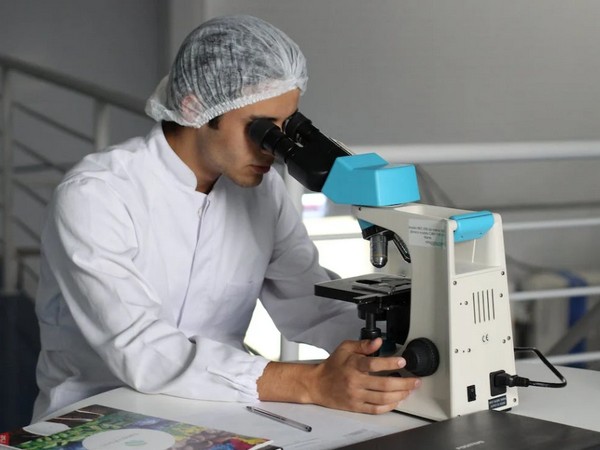Periprosthetic Joint Infection After Hip Replacement Significantly Increases Mortality Risk, Study Reveals
New research shows patients experiencing periprosthetic joint infections (PJI) post-hip replacement face a fivefold increased risk of death within ten years. Published in the Journal of Bone and Joint Surgery, the study highlights the importance of prevention and effective treatment strategies to mitigate long-term mortality risks.

- Country:
- Canada
According to groundbreaking research, patients who suffer a periprosthetic joint infection (PJI) after undergoing a total hip replacement face a five-fold increased risk of death within ten years. The study's findings were published in the Journal of Bone and Joint Surgery.
Researchers from ICES, Sunnybrook Research Institute, and the Department of Surgery at the Temerty Faculty of Medicine at the University of Toronto conducted the extensive study, examining 175,432 Canadians who had their first hip replacement. This study represents one of the most comprehensive analyses of PJI following total hip arthroplasty (THA) to date, highlighting a pressing public health concern.
Lead author Dr. Raman Mundi explained, "Most hip replacement surgeries are very successful, but unfortunately, about one to two percent of patients develop infections of the prosthetic joint. This research shows compelling evidence that PJI can have a fatal outcome." The study found that among adults receiving their first hip replacement between 2002 and 2021, those who developed PJI within the first year had a significantly higher 10-year mortality rate (11.4% vs. 2.2%) compared to those without infections.
Senior author Dr. Bheeshma Ravi stressed the need for collaboration between arthroplasty surgeons and infectious disease experts to prevent these infections and adhere to best practices. The authors suggest that the strong association between PJI and mortality is likely causal, backed by rigorous control for various factors. Dr. Sian Bevan highlighted the public health implications of the findings and called for strategies to minimize infection risks further, given the high volume of hip replacements performed annually in Canada.
(With inputs from agencies.)










